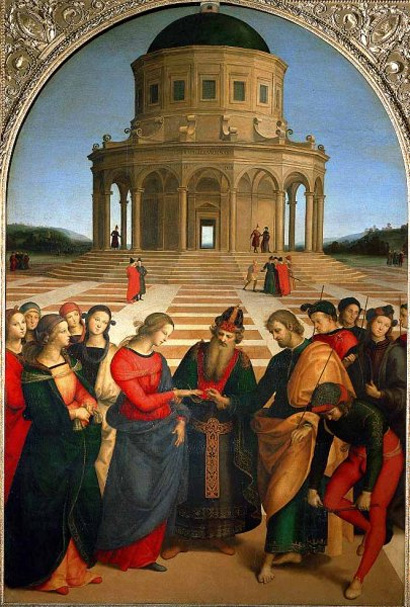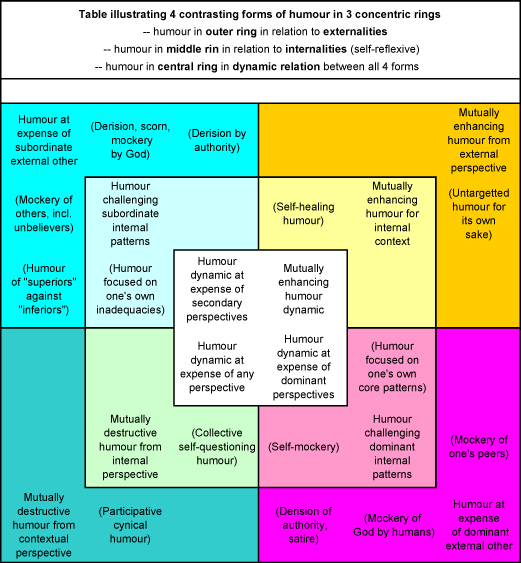 In an era when nearly half of marriages end in divorce, the call for marriage counseling and advice is a necessity. The Wise Counsel podcast pays attention by interviewing the authors of books like Eight lessons for a happier marriage and Getting together and staying together, William and Carleen Glasser. The interviewer Dr. Dave goes over all the practical advice and profound general truths that the Glasser couple present in the former title. Much of this boils down to the worn out: you've got to work on your relationship and it is all a matter of give and take. But it sure won't hurt to rephrase and remind once more.
In an era when nearly half of marriages end in divorce, the call for marriage counseling and advice is a necessity. The Wise Counsel podcast pays attention by interviewing the authors of books like Eight lessons for a happier marriage and Getting together and staying together, William and Carleen Glasser. The interviewer Dr. Dave goes over all the practical advice and profound general truths that the Glasser couple present in the former title. Much of this boils down to the worn out: you've got to work on your relationship and it is all a matter of give and take. But it sure won't hurt to rephrase and remind once more.Dr. Dave turns out very involved, having read the book closely and also applying to his own experiences. The listener must be warned though that the sound quality of this podcast is rather bad, much static/rustle. I wonder Dr. Dave couldn't mix this away, he has done much better sound before. For the truly interested, this should be no real trouble. You can hear all of the interview well enough. Besides, helping your marriage is not entertainment.
The only question that I am left with: we have had this advice, basically, ever since we can remember, also when divorce ratings were much less than today. So what are we doing wrong? Are we so bad at listening, learning, internalizing? Or could the advice miss out on something? I really do not know. Eventually a successful marriage is a kind of magic.







